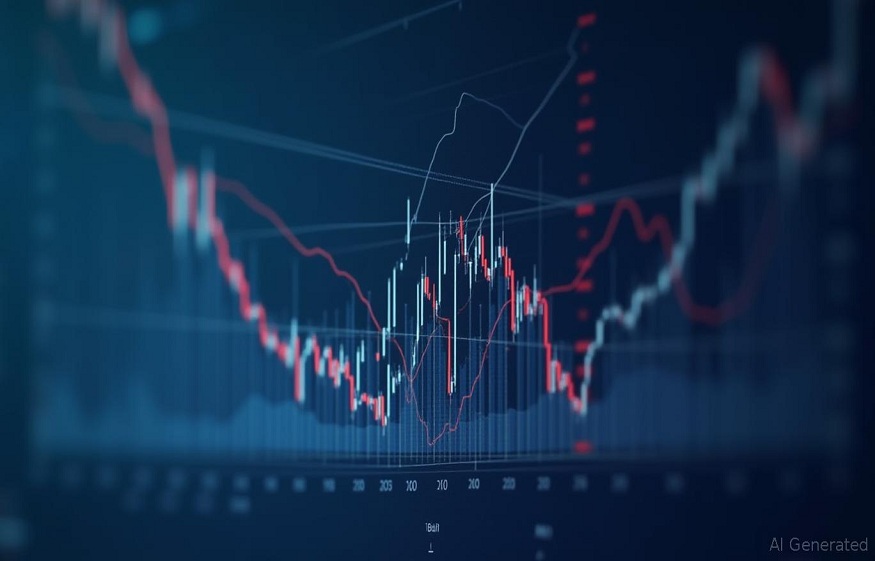Equity investing in Europe has undergone a noticeable shift, particularly among Belgian traders. Against a backdrop of volatile economic indicators, geopolitical uncertainty, and evolving investor expectations, a new theme has emerged in the Belgian trading community: a growing preference for quality-factor stocks.
Rather than chasing high-growth or deep-value opportunities, more traders are focusing on companies with strong fundamentals, reliable earnings, and resilient business models. This pivot is not accidental — it’s a strategic realignment grounded in both caution and confidence.
The Rise of Factor Investing in Europe
Factor investing is no longer the preserve of institutional investors. It has steadily permeated retail trading circles in Europe, including Belgium. By focusing on identifiable drivers of return, such as momentum, value, volatility, and quality, traders can build more strategic portfolios.
Among these, the quality factor has stood out in recent years, especially in times of economic slowdown or rising interest rates. Belgian investors, traditionally conservative and risk-aware, have found an appealing balance in quality stocks: the potential for long-term growth without excessive downside exposure. This approach complements the increasing demand for transparency, sustainability, and data-driven decisions in modern investing.
What Are Quality-Factor Stocks?
Quality-factor stocks are companies that exhibit a combination of strong profitability, low financial leverage, and consistent earnings. These are not flashy, headline-grabbing tech startups, nor are they underpriced turnarounds. Instead, quality stocks are often mature firms with solid management, robust cash flows, healthy balance sheets, and a track record of weathering economic downturns.
Belgian traders looking for durability in their equity portfolios often prioritise metrics such as:
- Return on equity (ROE)
- Stable earnings growth
- Low debt-to-equity ratios
- High gross margins
Examples include leading European consumer goods companies, healthcare firms with predictable cash flows, and industrials with long-standing client relationships. While these stocks may not double overnight, they tend to offer a steadier ride through turbulent markets.
Why Belgian Traders Are Focusing on Quality
Belgium, like much of Europe, is grappling with inflationary pressures, rising interest rates, and shifting global trade dynamics. In this environment, capital preservation is as important as capital appreciation. Traders are asking themselves, “Which companies are most likely to maintain their earnings if the economy slows?” Quality-factor stocks provide a reliable answer.
ESG Integration and Long-Term Thinking
Environmental, Social, and Governance (ESG) considerations are increasingly important to Belgian investors. Interestingly, many quality stocks naturally score well on ESG metrics. These companies often have transparent governance, sustainable operations, and reputations for ethical practices, making them doubly attractive for traders who care about both performance and principles.
Data-Driven Tools and Accessibility
Another driver of this shift is the increasing sophistication of trading platforms. Platforms like Saxo Markets offer Belgian investors advanced screening tools, real-time analytics, and curated insights that make it easier to identify quality stocks across European markets. These resources empower traders to filter through noise and focus on what really matters: financial health, consistent performance, and long-term value.
Sectors and Markets Where Quality Dominates
While the quality factor can be found in various industries, some sectors are particularly rich hunting grounds:
- Healthcare: Companies in this sector often have stable demand, recurring revenue, and significant pricing power.
- Consumer Staples: Food, beverage, and household goods firms typically show steady earnings even in recessionary periods.
- Industrial Giants: Well-managed engineering and logistics firms with diversified operations and strong order books are often quality plays.
- Technology (Selective): While not all tech firms fit the quality mold, those with established products, strong margins, and minimal debt can be high-quality outliers.
Geographically, Belgian traders are extending their reach beyond domestic equities to tap into German, Swiss, and Nordic markets, which have a strong representation of high-quality firms. These cross-border opportunities are more accessible than ever thanks to multi-market trading platforms and multilingual research tools.
Challenges and Considerations
While the quality factor is associated with lower risk, no strategy is entirely foolproof. Quality stocks can underperform in certain market cycles, especially during strong risk-on phases where high-beta, speculative assets rally. Additionally, high-quality stocks often trade at premium valuations, which can compress returns if earnings growth slows.
Belgian traders must also remain vigilant against confirmation bias — the tendency to only seek out stocks that look safe and ignore broader macro risks. A diversified approach, even within the quality universe, remains essential.
Conclusion
Belgian traders are not abandoning growth or value investing entirely — they’re evolving. By integrating quality as a core criterion in equity selection, they’re crafting portfolios that are more stable, more predictable, and arguably better suited to the European economic climate.
With the help of platforms, investors can now access sophisticated tools and cross-border insights that were once only available to large institutions. This democratisation of data is fostering a more empowered and informed trading community in Belgium.
In an era defined by complexity and change, quality-factor investing offers a reassuring counterbalance. It’s not about timing the next big winner — it’s about building portfolios that can stand the test of time. And in that sense, Belgian traders are right on trend.

